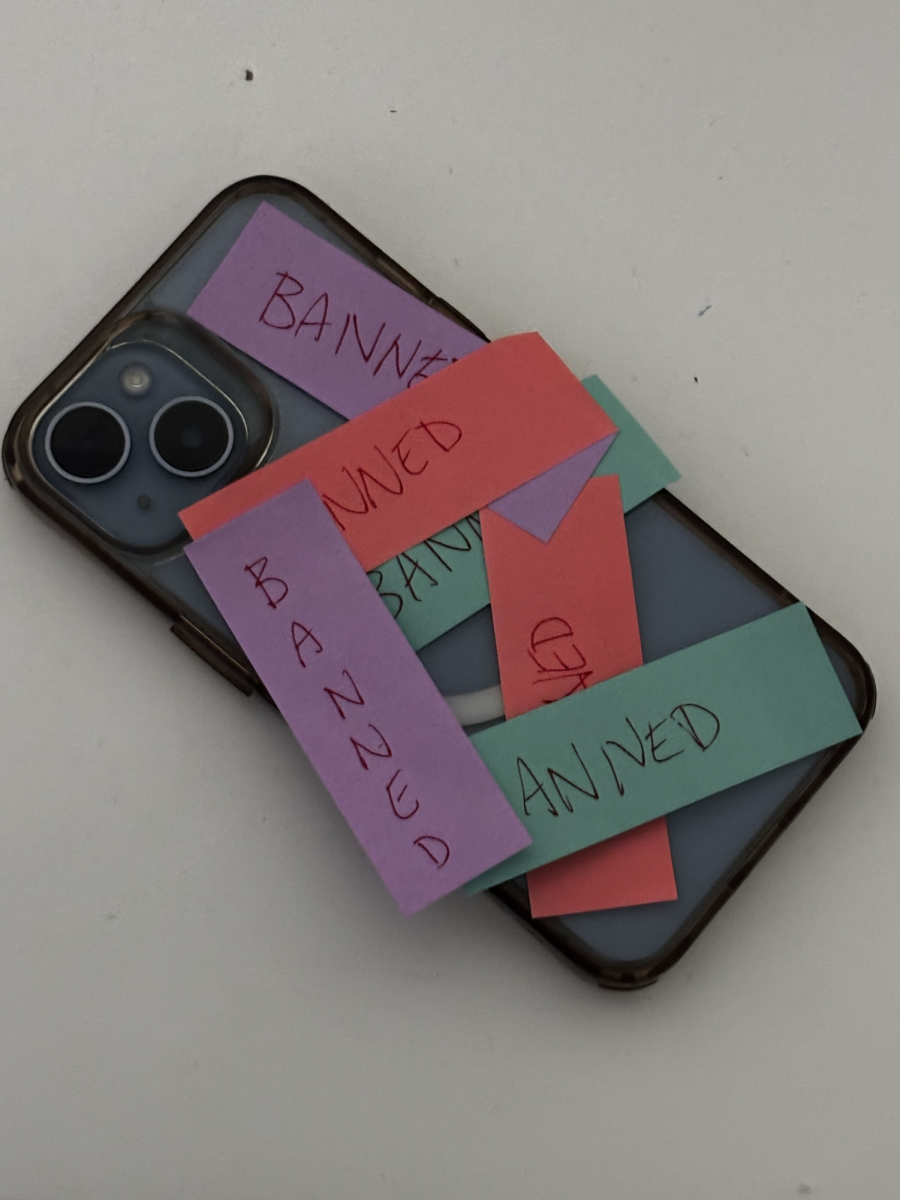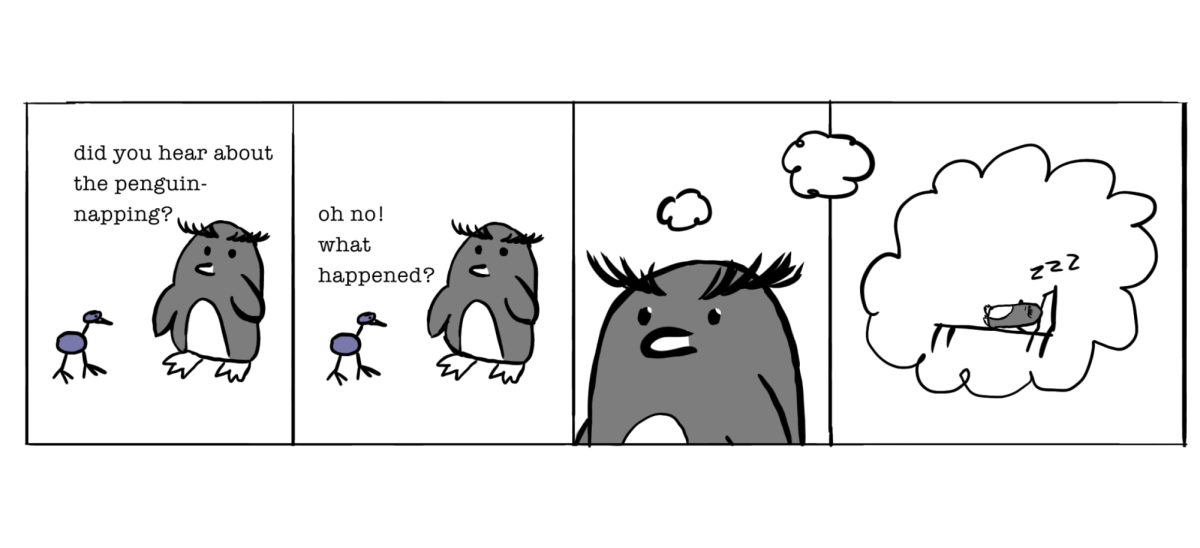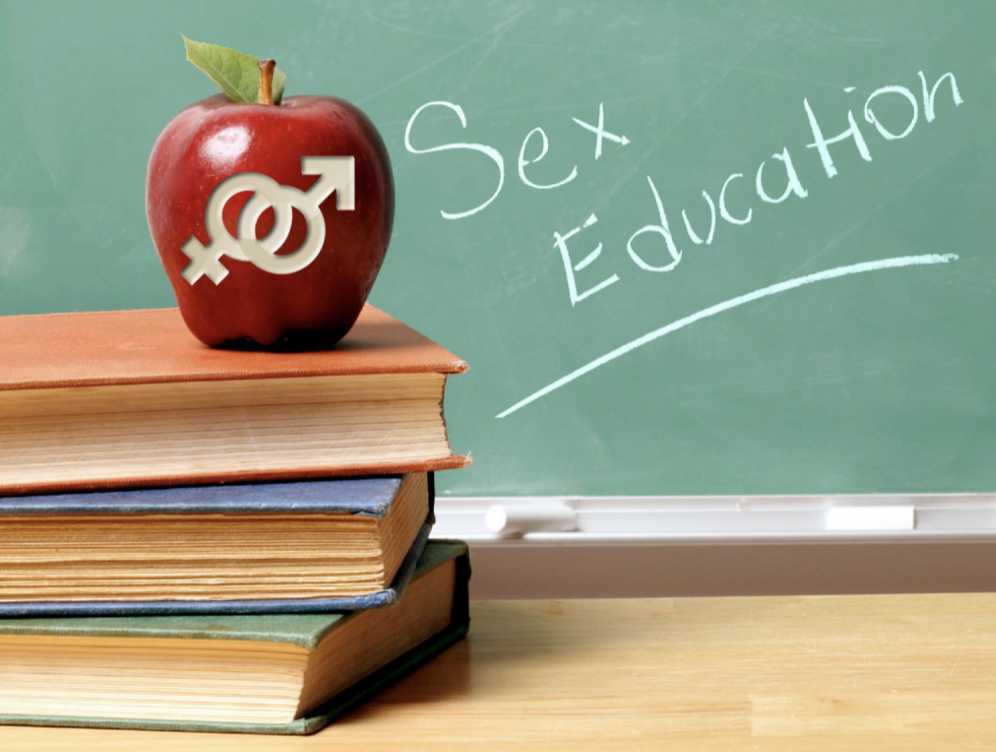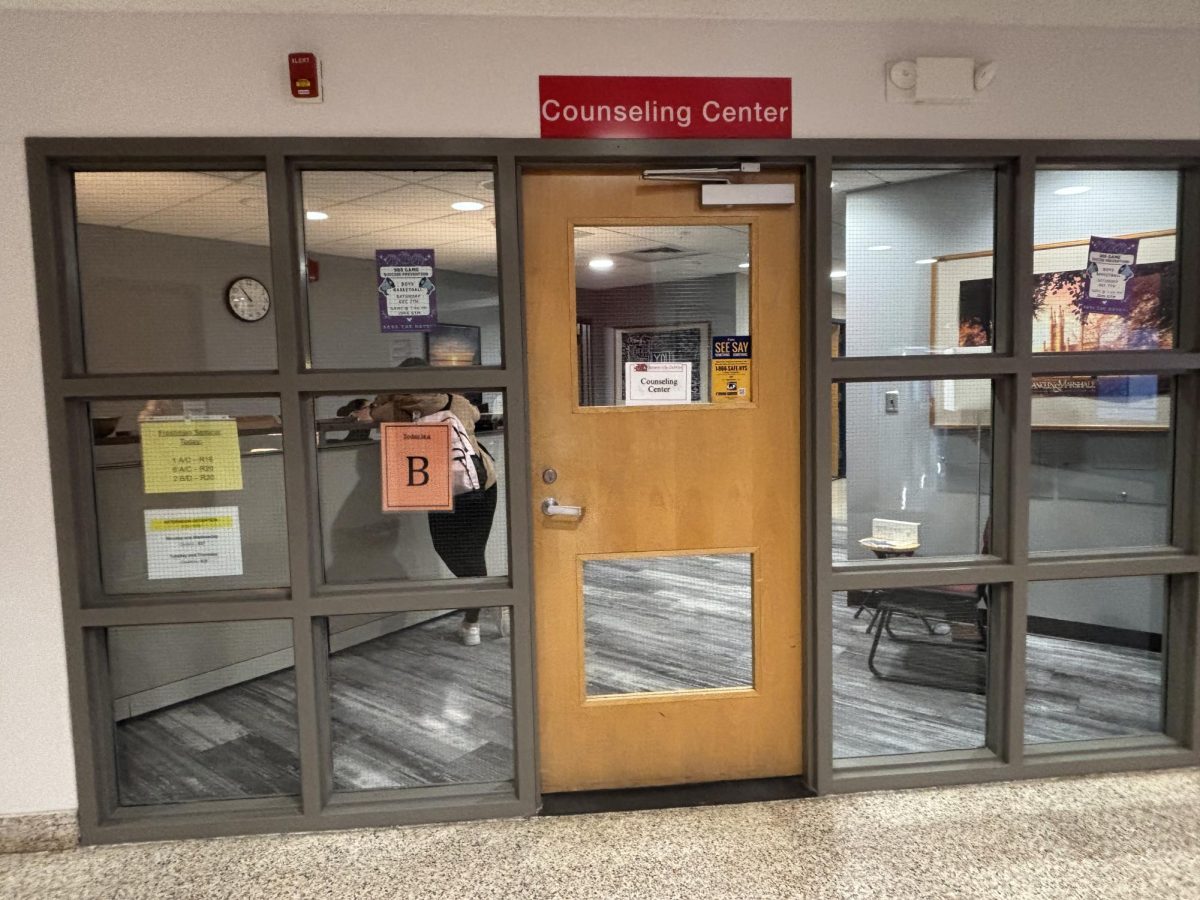Contributing Writer Shahina Alibekova (’23)
The basic definition of sex education is instruction and learning on a wide range of sex and sexuality-related issues. It considers people’s attitudes and ideas about those issues, as well as the skills necessary to navigate interactions with oneself, partners, and community members. This includes teaching how to manage one’s own sexual health. Sex education can take place in a variety of contexts, including schools, homes, community settings, and/or online.
Sex education can be applied to all grades and it doesn’t necessarily focus on only sex and sexuality. It also focuses on human development, including puberty, anatomy, sexual orientation, and gender identity. It can focus on relationships with family, friendships, romantic partners, and self. It can also help with personal skills such as communication, boundaries, and decision-making. Sexual health and behavior are also included. Society and culture such as media literacy, shame, and stigma, oppression impacting sexual wellness can also be taught.
Many believe it’s essential for children to learn sex ed from a young age. “Sex education gives young people the knowledge and skills they need for a lifetime of good sexual health. They learn how to have healthy relationships, make informed decisions about sex, think critically about the world, be a good ally to those who are marginalized, and love themselves for who they are,” states the Planned Parenthood organization.
In New York State, comprehensive sexual health education (CSE) was not mandated in public schools for many years. As a result, many New York schools do not give any sex education, and when they do, it is frequently incorrect, incomplete, and stigmatizing. Due to a lack of education, young people experience poor health and educational outcomes, as well as high rates of unwanted pregnancy and sexually transmitted infections (STIs). This also sadly includes increased incidences of intimate partner abuse, sexual harassment, and gender-based violence.
However, that changed in 2021, when a new bill was announced and passed in the state Senate. It was introduced by Sen. Samra G. Brouk (D), who took office during the pandemic representing the constituents of New York’s 55th District, and is the Chair of the Senate Mental Health Committee.
There are several sections of the bill, such as 804-e, which states, “Each public and charter school shall ensure all pupils receive, as an integral part of education in grades kindergarten through twelve, comprehensive sexuality identity.” This means that kids as young as five will be educated about sex/gender identity based on their maturity level. It was also stated that the curriculum should also teach about sexual abuse, sexually transmitted diseases, and sex in general. Another section of the bill states that mental and emotional health should be important parts of education while teaching. However, this mandate won’t come into effect until July 1, 2024.
This has and may cause even more distress or lack of comfort for some parents as they might think their children are too young. As a result, there is a section of the bill where it’s presented that if the board of education in the district doesn’t want to fully enforce this bill, then they should establish their own curriculum while still including most of the content. Additionally, if a parent doesn’t want their child to participate in a lesson “regarding HIV/AIDS prevention” then they should write a signed note to the school every school year.







































